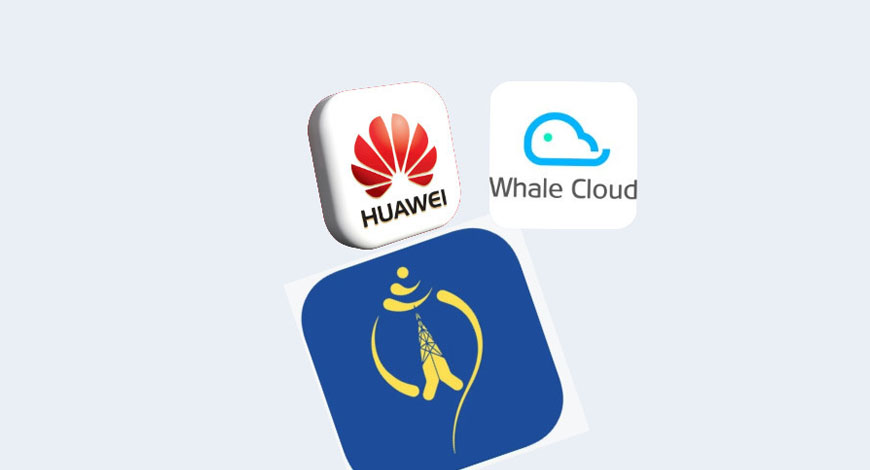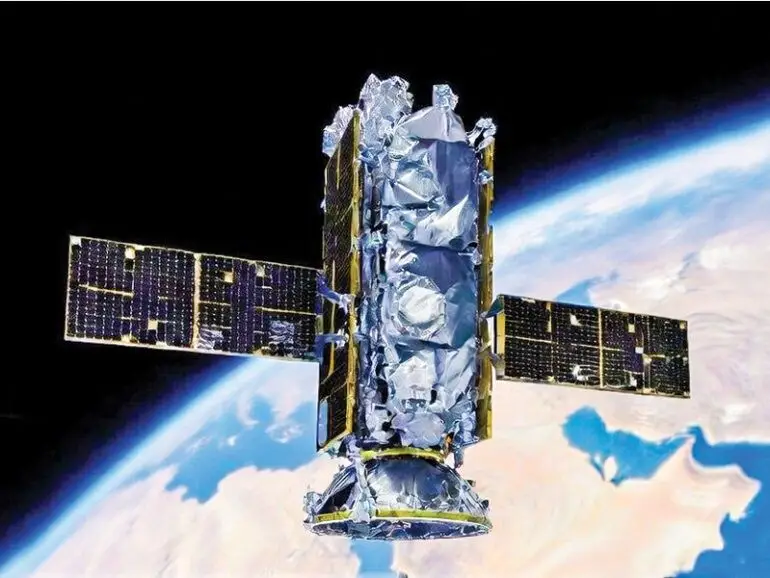Nepal Telecom is on the verge of awarding its lucrative billing system contract to Chinese IT giant Huawei, a move that could further tighten Huawei’s grip on the state-owned operator’s critical infrastructure. The potential deal has sparked concerns over vendor lock-in, conflicts of interest, and national data security risks.
The operator’s management, often perceived as being pro-Huawei, formed an assessment committee early in the process. The committee’s single report backed Huawei, eliminating the only other bidder, Whale Cloud, on technical grounds. This effectively left Huawei as the sole contender, allowing the company’s financial proposal to be considered unchallenged.
Critics allege the procurement process was skewed to favor Huawei, disregarding established tender rules and specifications. They warn that granting the billing system to the same vendor that manages the core network could create a monopoly, making it extremely difficult to replace the supplier and increasing the risk of technical manipulation.
The decision also defies previous warnings from the Supreme Court of Nepal, independent consultants, and the telecom regulator. In 2021, after Huawei expressed interest in the billing contract, then–Managing Director Dilli Adhikari sought advice from the Nepal Telecommunications Authority and consulting firm GTC. Both advised against awarding the billing system to the core network vendor, citing risks of revenue loss, data breaches, and reduced transparency. The regulator recommended clauses in the tender to prevent such conflicts, while the Supreme Court later emphasized procurement safeguards to protect user privacy.
Huawei already dominates much of Nepal Telecom’s network. In the 2G core, it supplies the Mobile Switching Center, Home Location Register, Visitor Location Register, and Serving GPRS Support Node. For 3G, it provides the Mobile Switching Center, Gateway Mobile Switching Center, and Point of Interconnection, while ZTE handles the remaining components. If Huawei secures the billing contract, it would control almost all of Nepal Telecom’s mission-critical systems, raising concerns over operational independence and national security.
Further controversy surrounds the revised tender specifications, which have lowered hardware requirements from current market standards—Intel 2.7 GHz and higher RISC—to just 2.4 GHz for both. Analysts say Huawei, unable to procure newer hardware due to US and European restrictions, would benefit from these relaxed standards, enabling it to compete with older, cheaper, and less capable technology.
Industry experts caution that consolidating the billing system, radio access network, and core network under one vendor increases the likelihood of manipulation, obscures problem detection in integrated systems, and undermines operational resilience. Opponents warn this path could give Huawei near-total control over Nepal Telecom’s infrastructure while potentially delivering lower-quality equipment.















